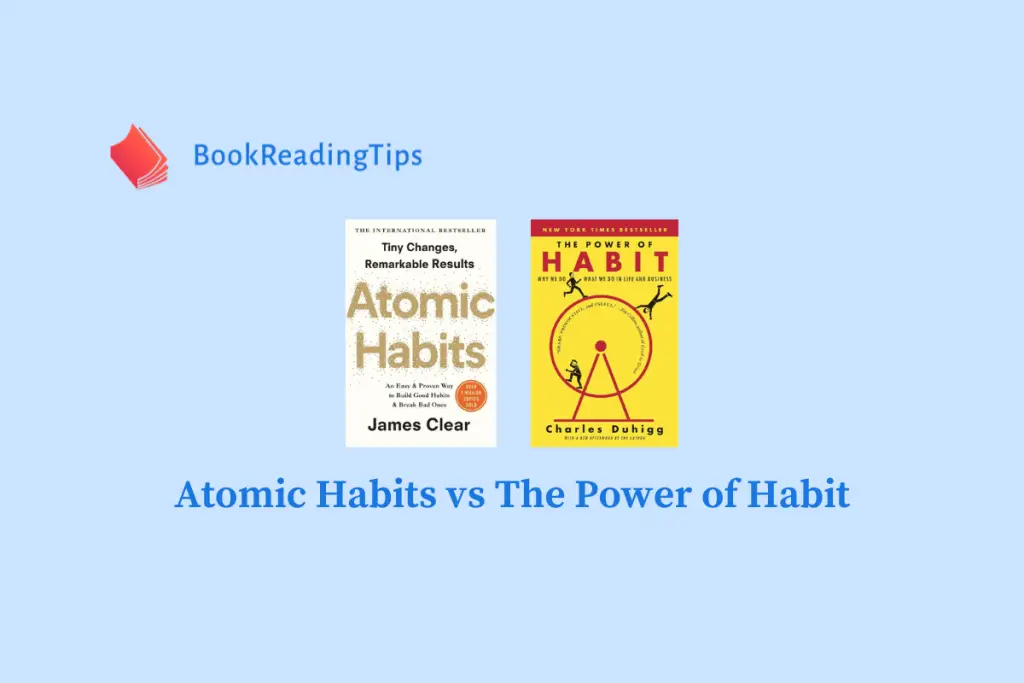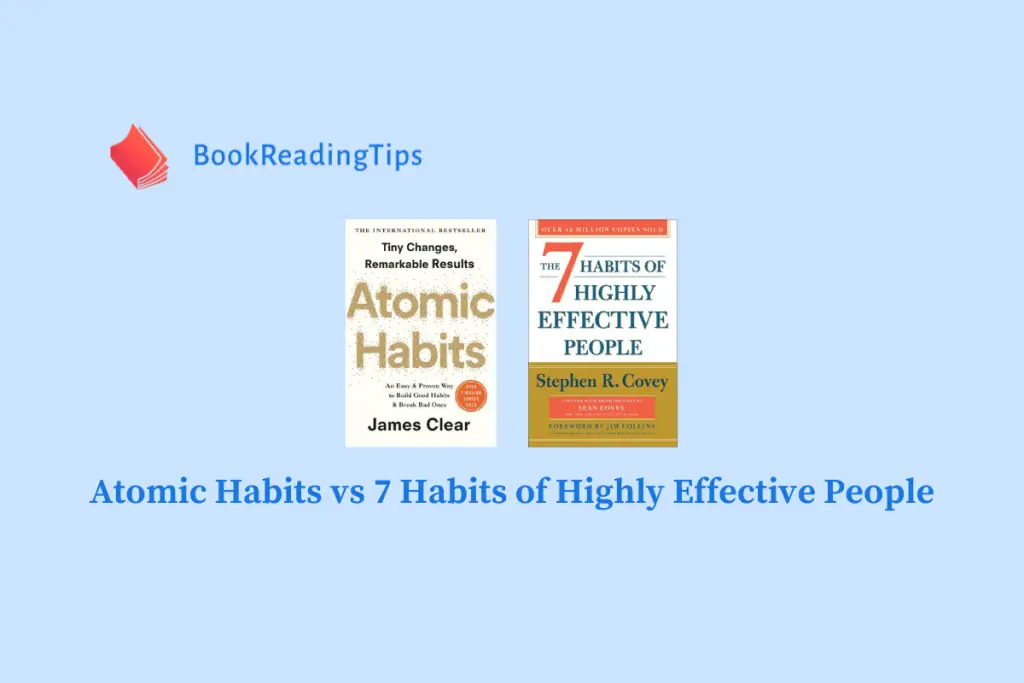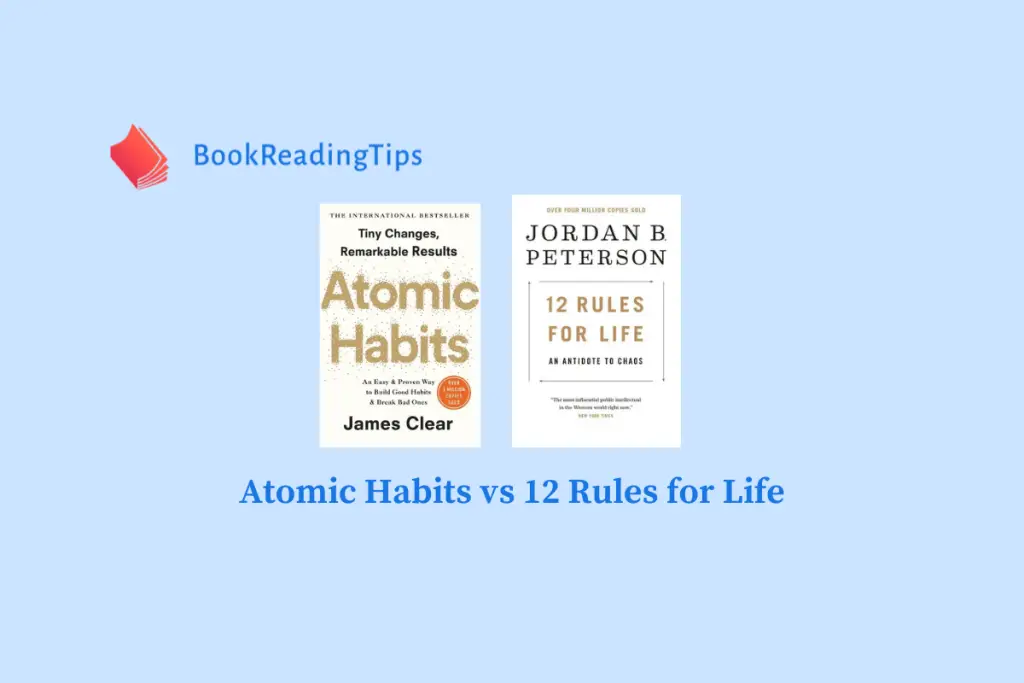Have you ever struggled to stick to a habit or make a lasting change in your life? If so, you’re not alone. In the world of self-improvement literature, two popular books that address this issue are Atomic Habits and Mini Habits. Both books offer valuable insights and strategies for building better habits, but they approach the topic in slightly different ways.
Atomic Habits, written by James Clear, focuses on the idea of making small, incremental changes to create big results over time. Clear emphasizes the importance of understanding the science behind habits and how they can be effectively formed and maintained. On the other hand, Mini Habits, by Stephen Guise, advocates for starting with ridiculously small habits to overcome resistance and build momentum towards larger goals.
While both books share a common goal of helping readers improve their habits, they offer distinct approaches that may resonate with different types of people. If you prefer a more systematic and scientific approach to habit formation, you may find Atomic Habits to be more suitable for you. On the other hand, if you struggle with motivation and consistency, Mini Habits could be the perfect solution to help you get started and stay on track.
In the following article, I will delve deeper into the key concepts and strategies presented in both Atomic Habits and Mini Habits, exploring their similarities and differences to help you determine which book may be the best fit for your personal growth journey. Whether you’re looking to break bad habits, cultivate positive ones, or simply make lasting changes in your life, these books offer valuable insights that can help you along the way.
Table of Contents
- Core Principles of Atomic Habits
- Core Principles of Mini Habits
- Similarities & Differences Between Both Books
- FAQs
- 1. How do Atomic Habits differ from Mini Habits?
- 2. Which approach is more effective for habit formation?
- 3. Can I combine Atomic Habits and Mini Habits?
- 4. How long does it take to see results with Atomic Habits and Mini Habits?
- 5. Are there any drawbacks to using Atomic Habits or Mini Habits?
- 6. How can I determine which approach is best for me?
- Conclusion
Core Principles of Atomic Habits
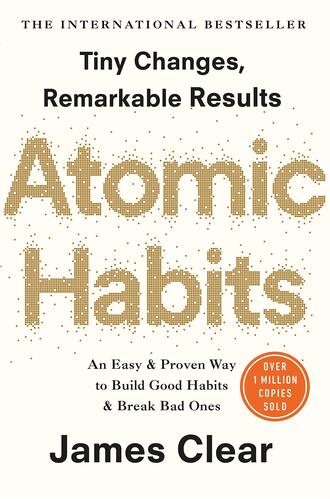
i. The Power of Tiny Changes
One of the key principles of Atomic Habits is the idea that small, incremental changes can lead to significant results over time. Author James Clear emphasizes the importance of focusing on the small habits that we do consistently, rather than trying to make drastic changes all at once. By making tiny changes and building upon them over time, we can create lasting habits that lead to big outcomes.
ii. The 4 Laws of Behavior Change
Clearly outlines the 4 laws of behavior change in Atomic Habits, which include making habits obvious, attractive, easy, and satisfying. By following these laws, we can create a framework for building and maintaining good habits. For example, making a habit obvious can involve using cues and triggers to remind us to perform the habit, while making it attractive can involve linking the habit to something enjoyable.
iii. The Importance of Identity
Another core principle of Atomic Habits is the idea of identity-based habits. Clear argues that in order to make lasting changes, we must first change our beliefs about ourselves. By adopting the identity of the type of person we want to become, we can align our habits with our values and goals. For example, instead of trying to lose weight by following a strict diet, we can adopt the identity of a healthy eater and make choices that align with that identity.
Core Principles of Mini Habits
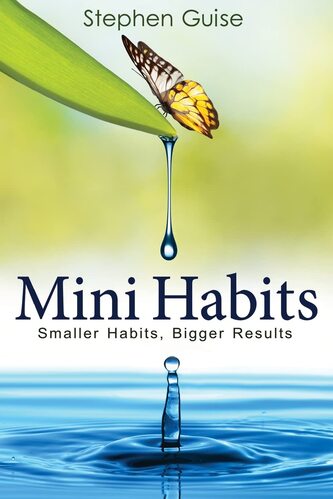
i. The Power of Starting Small
In Mini Habits, author Stephen Guise advocates for the power of starting small when it comes to building habits. He argues that by setting tiny, achievable goals, we can overcome the inertia that often holds us back from making progress. By committing to doing just one push-up a day or writing just 50 words, we can create momentum that leads to bigger changes over time.
ii. The Role of Consistency
Consistency is another key principle in Mini Habits. Guise emphasizes the importance of showing up every day, even if it’s just for a few minutes. By building a habit of consistency, we can create a sense of commitment and discipline that helps us stick to our goals. Even on days when we don’t feel motivated, taking small actions can keep us on track and prevent us from falling off course.
iii. Embracing Imperfection
One unique aspect of Mini Habits is the idea of embracing imperfection. Guise argues that perfectionism can often hold us back from taking action, as we fear not being able to meet our high standards. By setting small, achievable goals, we can lower the bar for success and make it easier to get started. Embracing imperfection allows us to focus on progress rather than perfection, leading to more sustainable habits in the long run.
Similarities & Differences Between Both Books
Similarities
Both Atomic Habits and Mini Habits are excellent books that focus on the importance of forming good habits in order to achieve success. They both emphasize the idea that small changes in behavior can lead to significant improvements over time. Additionally, both books provide practical strategies and techniques for creating and maintaining habits that can have a positive impact on our lives.
One of the key similarities between the two books is their emphasis on the concept of starting small. In Atomic Habits, James Clear talks about the idea of making tiny changes that can compound over time to create remarkable results. Similarly, in Mini Habits, Stephen Guise suggests the strategy of setting goals that are so small that they seem almost too easy to achieve. Both authors believe that starting with small, manageable habits is the key to building momentum and making lasting changes.
Furthermore, both books stress the importance of consistency in habit formation. Clear and Guise both emphasize the need to stick to a habit over the long term to see real progress. They argue that it is better to do a small amount consistently than to try to do too much and risk burnout or failure.
Differences
While Atomic Habits and Mini Habits share many similarities, there are also some key differences between the two books. One of the main distinctions is their approach to habit formation. In Atomic Habits, Clear focuses on the idea of habit stacking and creating systems for behavior change. On the other hand, Guise in Mini Habits advocates for setting minimum daily goals and letting momentum carry you forward.
Another difference between the two books is their focus on motivation. Clear in Atomic Habits talks about the importance of creating an environment that supports your habits and makes it easier to stay on track. Guise in Mini Habits, however, emphasizes the idea of relying less on motivation and more on discipline and consistency to maintain habits.
Overall, both Atomic Habits and Mini Habits offer valuable insights and strategies for creating positive habits and achieving personal growth. Whether you prefer the systematic approach of Clear or the simplicity of Guise, both books have something to offer in the quest for self-improvement.
FAQs
1. How do Atomic Habits differ from Mini Habits?
Atomic Habits, as described in the book by James Clear, focus on making small, incremental changes that compound over time to create significant results. Mini Habits, as outlined in the book by Stephen Guise, involve setting extremely small and easy-to-achieve goals to build momentum and consistency in habit formation.
2. Which approach is more effective for habit formation?
Both Atomic Habits and Mini Habits have their strengths. Atomic Habits are effective for those who prefer a more systematic and structured approach to habit formation, while Mini Habits work well for individuals who struggle with motivation and consistency. Ultimately, the effectiveness of each method depends on the individual’s preferences and personality.
3. Can I combine Atomic Habits and Mini Habits?
Yes, it is possible to combine elements of both Atomic Habits and Mini Habits to create a personalized approach to habit formation. For example, you can use the principles of Atomic Habits to establish a solid foundation for your habits and then incorporate Mini Habits to maintain consistency and momentum.
4. How long does it take to see results with Atomic Habits and Mini Habits?
The timeline for seeing results with Atomic Habits and Mini Habits varies depending on the individual and the habit being formed. Generally, small changes from Mini Habits may lead to quicker results, while the compounding effect of Atomic Habits may take longer to become noticeable.
5. Are there any drawbacks to using Atomic Habits or Mini Habits?
One potential drawback of Atomic Habits is that the emphasis on making small changes may not be appealing to those who prefer more immediate results. On the other hand, the simplicity of Mini Habits may not be suitable for individuals who thrive on structure and organization.
6. How can I determine which approach is best for me?
To determine whether Atomic Habits or Mini Habits is the best approach for you, consider your personality, preferences, and goals. Experiment with both methods to see which one resonates with you and helps you achieve sustainable habit changes.
Conclusion
In the world of self-improvement literature, two prominent books stand out – Atomic Habits by James Clear and Mini Habits by Stephen Guise. Both books focus on the power of habits in transforming our lives for the better, but they approach the topic from different angles.
Atomic Habits emphasizes the idea of making small, incremental changes to create lasting habits. Clear advocates for focusing on systems rather than goals and leveraging the power of compounding to achieve remarkable results. Mini Habits, on the other hand, promotes the concept of setting ridiculously small goals to overcome procrastination and build momentum. Guise argues that consistency is key, and even the tiniest of habits can lead to significant changes over time.
While both books stress the importance of consistency and perseverance in habit formation, they differ in their approaches. Atomic Habits encourages readers to optimize their habits for maximum efficiency, while Mini Habits advocates for starting small and building from there.
If you are looking to overhaul your habits and create a system for continuous improvement, Atomic Habits is the book for you. On the other hand, if you struggle with motivation and need a gentle nudge to get started, Mini Habits might be more suited to your needs.
Both Atomic Habits and Mini Habits offer valuable insights into the science of habit formation and provide practical strategies for personal growth. Whether you prefer a systematic approach or a more laid-back method, these books have something to offer for everyone looking to make positive changes in their lives.

